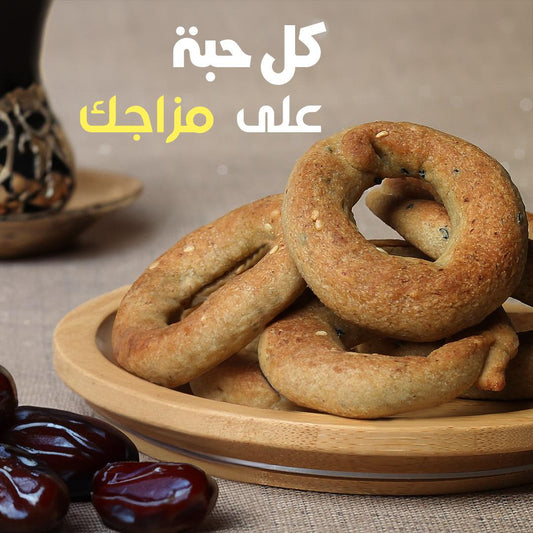Specialty Coffee is a particular type of coffee, if you have yet to notice. This is different from the standard, everyday bean you buy at the coffee and tea aisle. This product, if it does not meet the highest standards, cannot be called 'special'!
Recently, specialty coffee has exploded and become a taste sensation among coffee lovers. But what are the people of this version so wrong about? And what makes specialty coffee unique and special?
What is specialty coffee?
A good coffee scores 80 or more out of 100 on a so-called "special scale". The Specialty Coffee Association (SCA) determines this scale and sets strict rules and regulations for the rating.
The main idea behind the coffee estate is to offer coffee with every step of the journey carefully considered. From the coffee farm to the barista, this coffee must meet specific expectations to achieve its specialty status. This is good news for all coffee lovers because you will have a quality brew in the morning!
These coffee beans are typically grown at high altitudes in carefully managed climate and soil combinations, producing unique flavors. For this reason, coffee suppliers have put much effort into finding the ideal coffee farm for specialty coffee. When it leaves the bottom, it is still being improved and perfected in the remaining stages. The result? A bag of tasty, sustainable coffee ready to amaze you.
How is specialty coffee classified?

That is why, as mentioned, specialty coffee must score at least an 80 on the specialty scale by a certified coffee taster approved by the Specialty Coffee Association. The Arabic drink is rated "excellent", "excellent" or "excellent" in its official assessment.
The process involves several steps, and everyone involved must follow strict rules if the coffee is to be authentic. This means that coffee producers, green coffee buyers, roasters, and baristas all need to be involved; otherwise, the coffee simply won't be good.
The classification process
The evaluation of the specialty coffee process is rigorous. There are elements you don't even want to think about! For example, when evaluating, the lighting level in the room should be the same for each assessment and the size of the table. This standardization ensures that every bean sprout gets a fair test!
The types of defects you encounter in the coffee beans themselves. To make a coffee specialty, it must not have category one defects. For example, defects in this category can contain problems such as black beans or grapes, which can strongly affect the taste. Coffee beans must also have five categories of defects: unripe, damaged, cracked or even discolored beans.
If the bean survives all this, it will become a specialty coffee!
Why choose Beetar specialty coffee?
It's a good question. Many tasty coffees are unique. So why drink good coffee at all?
The answer is its quality.
First, many specialty coffee lovers say specialty coffee is better than the specialty variety. The taste is simply incomparable, and so much work goes into making it. So, if you want to enjoy good coffee, choose good coffee. Or, if you're starting a coffee shop, consider this a great USP for your business!
Second, you can vouch for your morning's ethical aspect, if appropriate. As mentioned, every element is calculated in the gradation, resulting in the highest quality coffee. These high standards demand an excellent price to improve living and working standards. So, by acquiring a bag of coffee properties, you're building communities on the other side of the world. Crazy, right?
Before you go, it's worth knowing that a bag of Beetar specialty coffee is 15% Off. Grab on to that and make your day special with specialty coffee
We don't call it 'specialty' for nothing.



